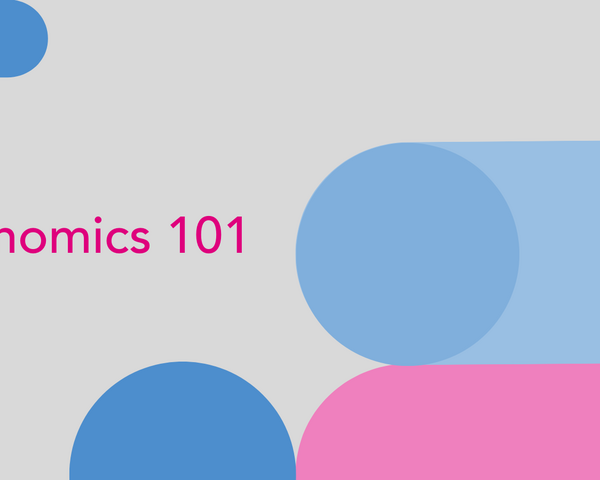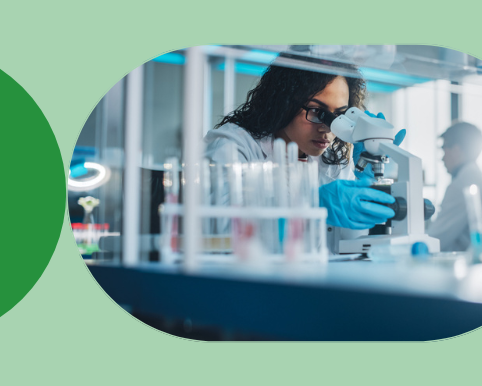Genetic testing could lower the risk of adverse drug reactions for thousands of patients with cancer
By Florence Cornish onA recent study using data from the 100,000 Genomes Project found that over 14,000 patients with cancer could have reduced risk of harmful side effects from cancer treatment by receiving a lower dose or a different drug.
Adverse drug reactions
Different individuals can have varying responses to the same medication. Some people might respond very well to particular medicines, whereas others may have serious, even life-threatening responses to them.
We call these bad responses ‘adverse drug reactions,’ and they can pose a danger to patients receiving treatment for a variety of conditions, including cancer.
You can learn more about adverse drug reactions in our previous podcast ‘Can genomic testing prevent adverse drug reactions?’.
What causes adverse drug reactions?
There are several factors that can lead to adverse drug reactions. For example, different drugs in the body interacting, or a patient’s ability to ‘metabolise’ or process a drug. A key factor in causing adverse drug reactions is a person’s genetics.
Almost 99% of people carry at least one genetic change that affects their response to certain drugs.
Adverse drug reactions account for 1/16 hospital admissions and have been estimated to cost the NHS between £500 million and £2.2 billion each year.
It is therefore vital that we understand the relationship between our genomes and our drug responses, a field of study known as pharmacogenomics.
New research on adverse drug reactions to cancer treatment
A recent study by Leong and colleagues analysed whole genome sequencing data from participants in the 100,00 Genomes Project, a landmark study led by Genomics England in partnership with the NHS.
The researchers analysed data from over 76,000 participants, looking for genetic changes in 4 specific genes. All of these genes were known to be associated with adverse drug reactions to various cancer treatments.
The study looked at genomic data and other hospital records to identify whether patients with certain genetic changes suffered adverse drug reactions after receiving their prescribed cancer drug.
What did the study find?
The results showed that 62.7% of patients in the study had a genetic change that increased their risk of adverse drug reactions when treated with one of the 5 common cancer drugs examined.
For each drug investigated, researchers found that 6-10% of patients could benefit from either a reduced dose or different medication altogether.
By extending these findings to the annual number of prescriptions issued of these cancer drugs in England, the study estimates that over 14,500 patients each year could benefit from a reduced dose or alternative medication.
The future of pharmacogenomics
Pharmacogenomics has already been shown to be effective in the clinic.
Genetic testing for one of the genes included in this study, the DPYD gene, is currently available through the NHS Genomic Medicine Service.
DYPD testing helps us predict a person’s response to a group of chemotherapy agents called ‘fluoropyrimidines’. Performing this test lets us identify which people have a genetic change likely to cause adverse drug reactions, helping us to avoid them.
The study here shows the potential benefit of using pharmacogenomics from whole genome sequencing more routinely in cancer care, as well as the positive impact it could have for the NHS as a whole.
And finally...
If you want to learn more about research from the 100,000 Genomes Project, check out our other Research Blogs.
Or, you can learn more about the potential use of pharmacogenomics in our explainer on personalised medicine.
Find the full paper: Large scale pharmacogenomics analysis of cancer patients within the 100,000 Genomes Project combining whole genome sequencing and medical records to inform clinical practice.


